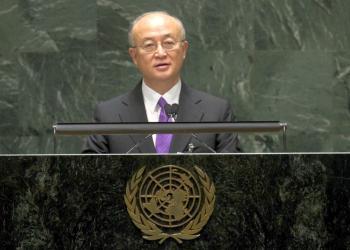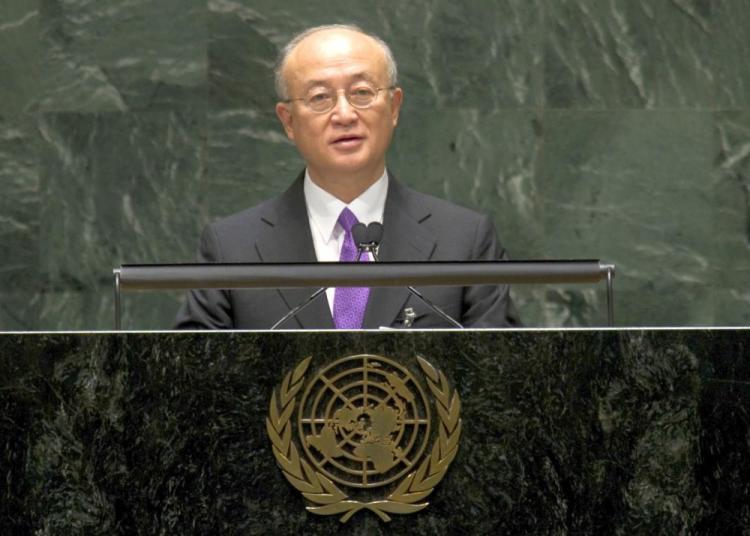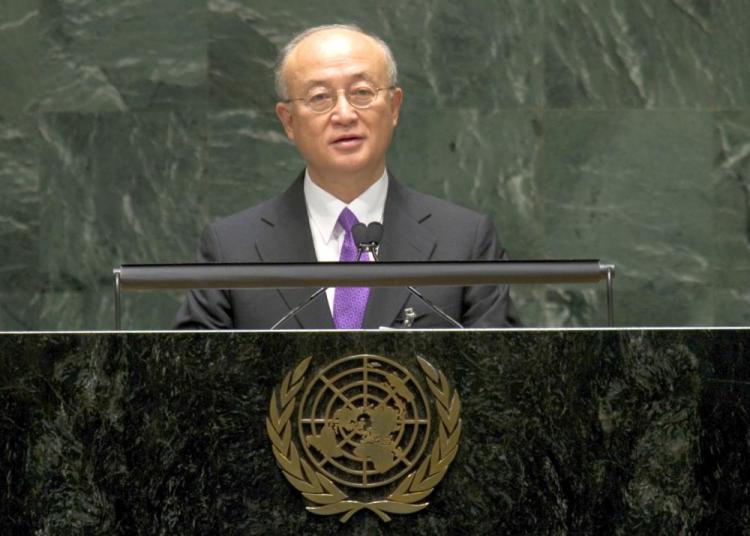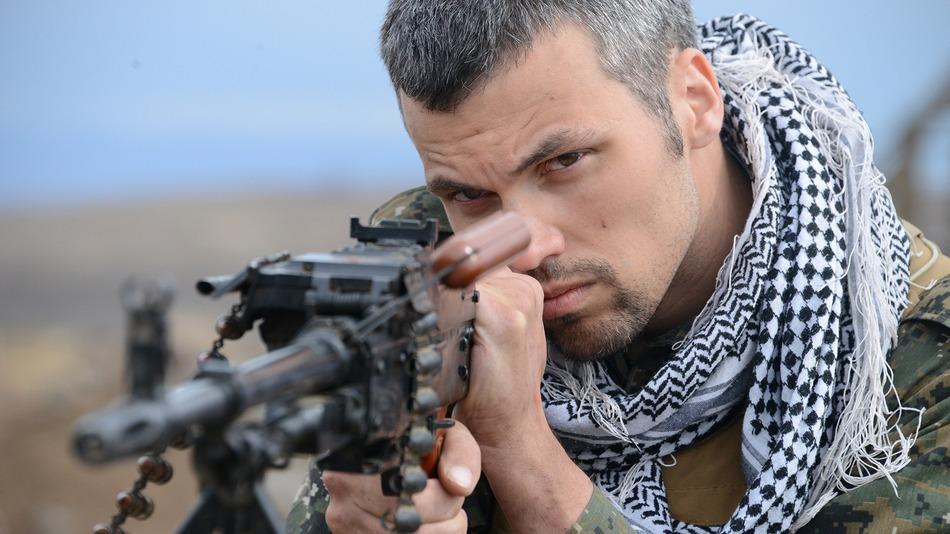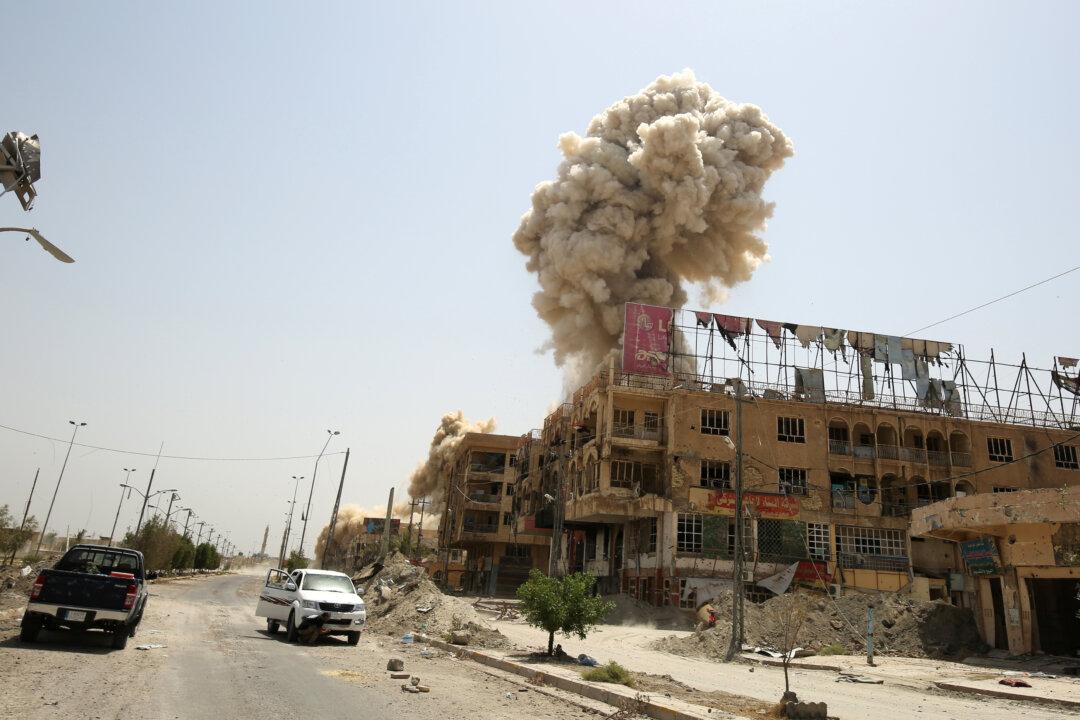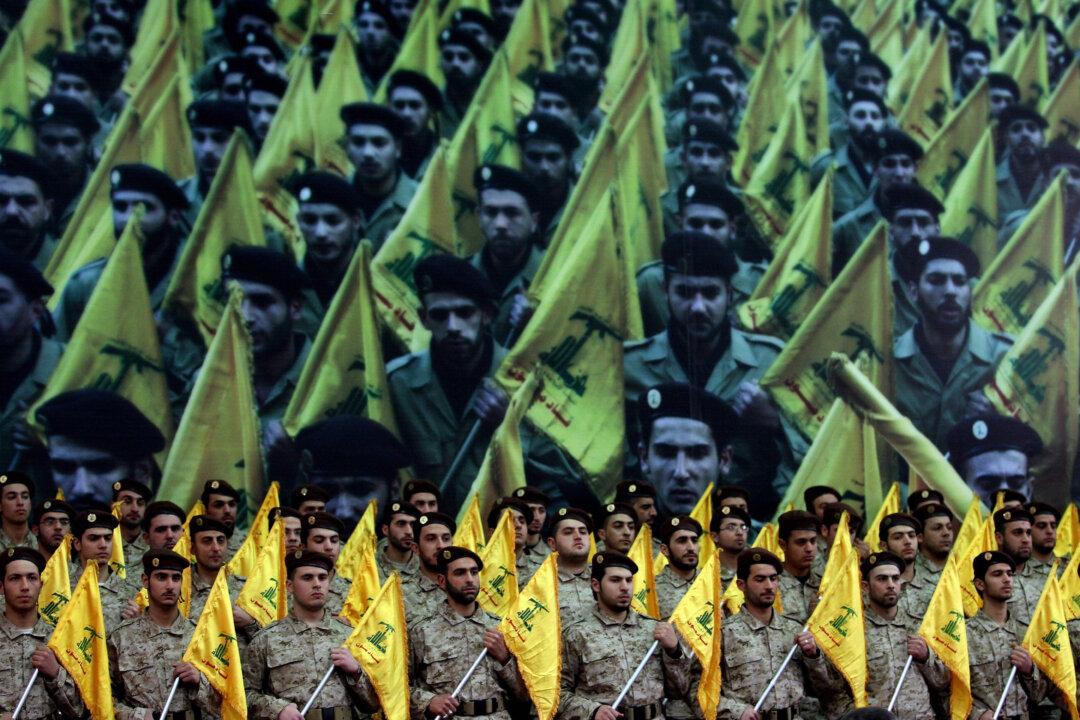JERUSALEM—Following renewed calls at the U.N. last week for a nuclear-free zone in the Middle East, Israel’s nuclear capabilities continue to come under international scrutiny. The International Atomic Energy Agency (IAEA) will tentatively discuss Israel’s nuclear arsenal during its annual board meeting in June.
The organization is an international body responsible for working with U.N. member states to promote safe and viable nuclear technologies and policies.
If the discussion of Israeli nuclear capabilities, which is currently on the tentative IAEA Board of Governors agenda, makes it to the final agenda, it will be the fifth time since 1988 that it has been discussed by the body.
The Associated Press previously reported that it was the “first time ever” that the issue would be discussed. According to the IAEA, the same item was on the board agenda for meetings four times in the past—in 1988, 1989, and 1990. The last time it was discussed was 1991.
“This is not an unusual event,” said a senior official in Austria familiar with the issue who asked not to be identified.
IAEA Spokesperson Gill Tudor said that the revival of questions over Israel’s nuclear capabilities is at the request of the organization’s member states and the implementation of a resolution regarding Israel.
The September 2009 resolution expressed concern over Israeli nuclear capabilities, and called on Israel to accede to the Nuclear Non-Proliferation Treaty, and put all of its nuclear facilities “under comprehensive IAEA safeguards.”
“As part of his work in responding to last year’s general conference resolution on Israeli nuclear capabilities, Director General Yukiya Amano wrote to IAEA member states soliciting their views with respect to meeting the objectives of the resolution,” said Tudor in a statement.
Renewed pressure from the IAEA comes close on the heels of calls from the five permanent members of the U.N. Security Council to create a nuclear-free zone in the Middle East.
Last week, the five permanent members—the United States, Russia, France, the U.K., and China—reiterated the need for such a zone in a statement made during the 2010 review conference on the Nuclear Non-Proliferation Treaty.
“We are committed to a full implementation of the 1995 NPT resolution on the Middle East and we support all ongoing efforts to this end,” the permanent Security Council member states said. They added that they are “ready to consider all relevant proposals” and take concrete steps to that end.
The 1995 resolution called on all states in the Middle East to work toward establishing a verifiable Middle East zone free of weapons of mass destruction, including nuclear, chemical, and biological weapons, and their delivery systems. It also said that the region should refrain from taking any action that would hamper such an objective in the future, and support nonproliferation measures.
The organization is an international body responsible for working with U.N. member states to promote safe and viable nuclear technologies and policies.
If the discussion of Israeli nuclear capabilities, which is currently on the tentative IAEA Board of Governors agenda, makes it to the final agenda, it will be the fifth time since 1988 that it has been discussed by the body.
The Associated Press previously reported that it was the “first time ever” that the issue would be discussed. According to the IAEA, the same item was on the board agenda for meetings four times in the past—in 1988, 1989, and 1990. The last time it was discussed was 1991.
“This is not an unusual event,” said a senior official in Austria familiar with the issue who asked not to be identified.
IAEA Spokesperson Gill Tudor said that the revival of questions over Israel’s nuclear capabilities is at the request of the organization’s member states and the implementation of a resolution regarding Israel.
The September 2009 resolution expressed concern over Israeli nuclear capabilities, and called on Israel to accede to the Nuclear Non-Proliferation Treaty, and put all of its nuclear facilities “under comprehensive IAEA safeguards.”
“As part of his work in responding to last year’s general conference resolution on Israeli nuclear capabilities, Director General Yukiya Amano wrote to IAEA member states soliciting their views with respect to meeting the objectives of the resolution,” said Tudor in a statement.
Renewed pressure from the IAEA comes close on the heels of calls from the five permanent members of the U.N. Security Council to create a nuclear-free zone in the Middle East.
Last week, the five permanent members—the United States, Russia, France, the U.K., and China—reiterated the need for such a zone in a statement made during the 2010 review conference on the Nuclear Non-Proliferation Treaty.
“We are committed to a full implementation of the 1995 NPT resolution on the Middle East and we support all ongoing efforts to this end,” the permanent Security Council member states said. They added that they are “ready to consider all relevant proposals” and take concrete steps to that end.
The 1995 resolution called on all states in the Middle East to work toward establishing a verifiable Middle East zone free of weapons of mass destruction, including nuclear, chemical, and biological weapons, and their delivery systems. It also said that the region should refrain from taking any action that would hamper such an objective in the future, and support nonproliferation measures.
